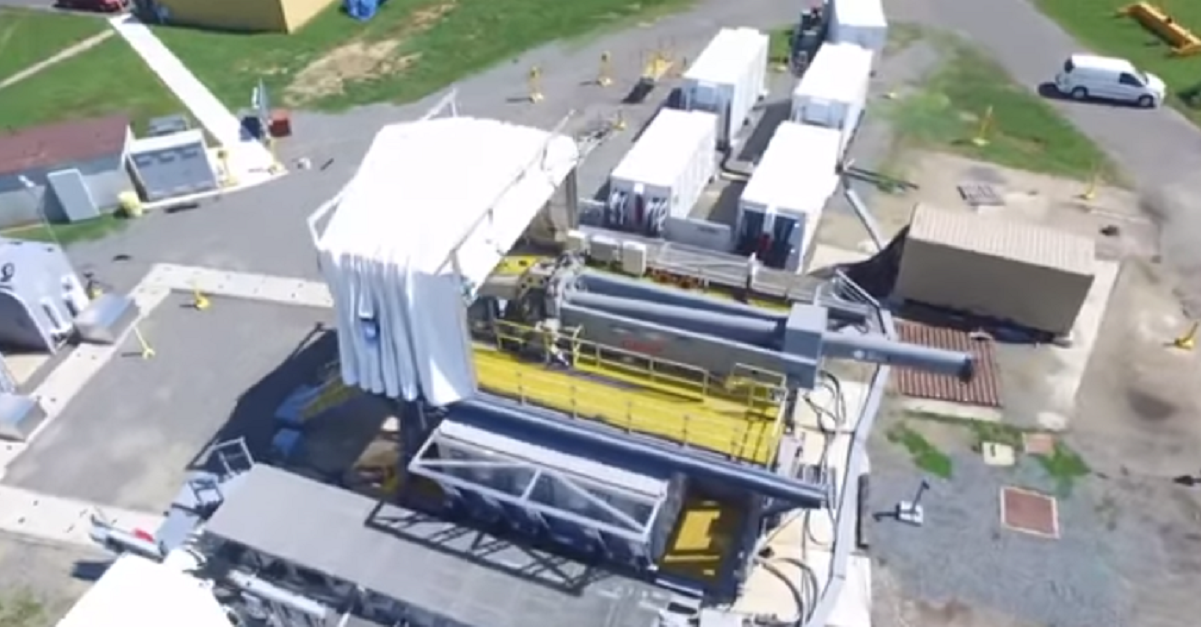Traumatic brain injury, or TBI, has been a major issue in the War on Terror. These injuries are severe and can have a lasting impact. Current helmets, while effective against some combat hazards, such as fragments and, in some cases, bullets, aren’t so great at preventing TBI.
A Swedish company, MIPS, has developed a helmet technology called the Brain Protection System. This technology, which is part of their MIPS:F2 solution, helps protect the wearer from TBI and concussions by mitigating the effects of rotational motion.
The company claims that one reason helmets haven’t protected troops from concussions or TBI is because they’re tested all wrong.

Most companies test their helmets by dropping them on a flat surface in a perfectly vertical fashion, but when people fall, how often does it happen like that? We’re willing to bet it’s not very often. In fact, falls are anything but predictable, and those odd angles and impacts are what cause rotational motion, which is conducive to TBI.
To prevent that motion, the Brain Protection System uses a low-friction layer between the liner and the outer shell that permits the helmet to slide, allowing it to absorb more rotational force.

MIPS doesn’t normally make helmets for the military. Instead, their specialty is helmets for snow sports, where TBI and concussions are common. However, the applications for both law enforcement officers and military personnel are evident.
“With the MIPS:F2 system, we can not only expand that technology into more sports helmet models, but also we can help keep safe those who put their lives on the line to protect our communities every day,” Jordan Thiel, CEO of MIPS said in a release.

Just how long it will take for this technology to be fully fielded is a matter of budgets, but anything that lowers the number of TBI and concussions is a good thing.


















